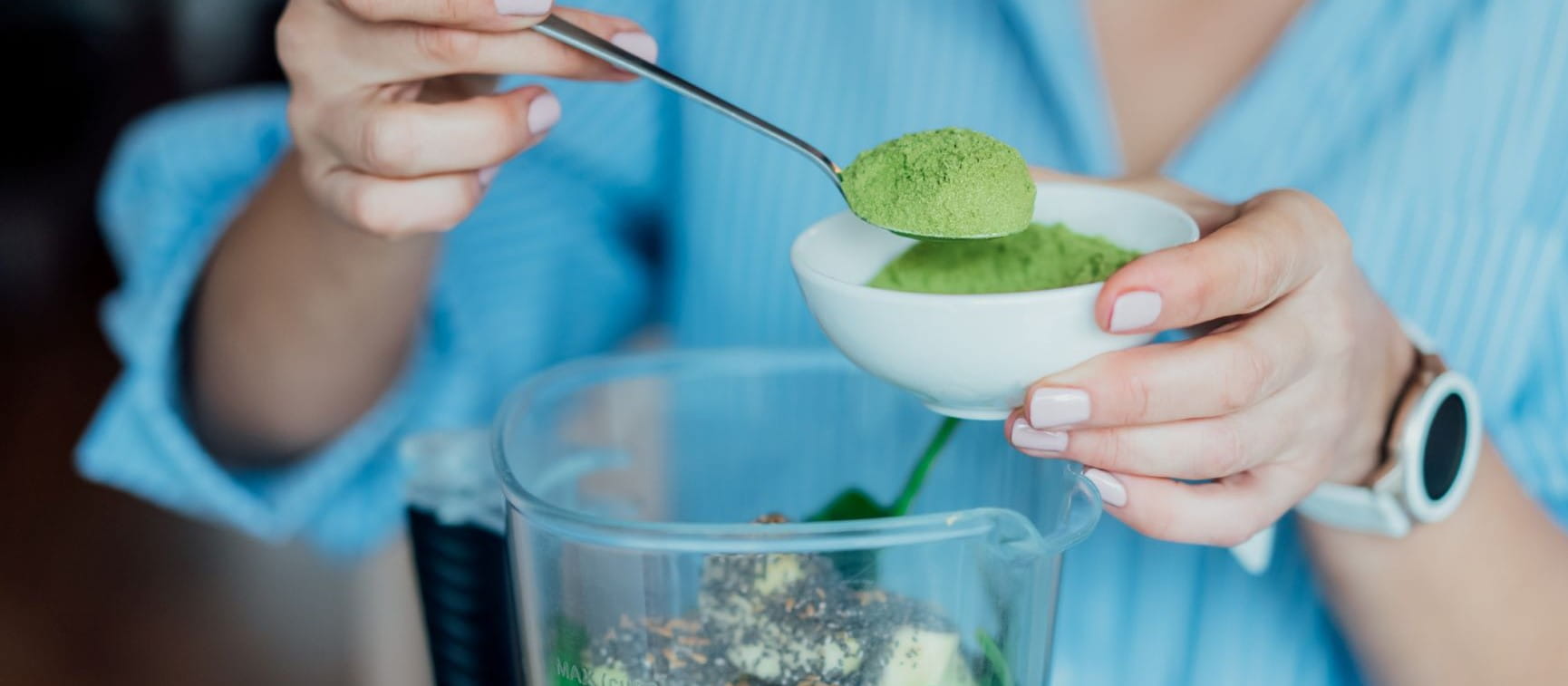
Gone are the days when the only powders in the health food store were mega tubs of bodybuilder protein. Shops are now full to bursting with pouches of dehydrated and ground superfoods, promising improvements in everything from energy to cognitive function.
In fact, their market value is set to soar from £220 million to nearly pound £395 million by 2030, according to one report.
It seems your porridge is no longer complete until you’ve added a scoop of maca or chlorella (a Peruvian root vegetable and marine algae). Some greens powders contain 80 ingredients in a single spoonful, and now that we are supposed to eat 30 different plants a week are these handy packets a tempting shortcut?
They have their uses, says nutritionist Lucia Stansbie. “If a client’s blood test shows dietary deficiencies, I will enhance their nutrition quickly with a greens powder.
“Greens and berry formulas are useful ways of obtaining antioxidants for people on a restricted diet who can’t eat real fruit and vegetables in volume.”
But for everyone else, powders are more an added extra, says nutritional therapist Phoebe Liebling. “Powders should be an enhancement to a good diet, not a substitute.
"They are often highly processed, which alters the food matrix so you miss out on the prebiotic fibres and synergy of vitamins and minerals that make whole foods valuable.”
It is why the government does not count powders towards your ‘five a day’.
The UK market leader, Naturya, has pouches starting at £4, AG1 greens powder is £97 for a month’s supply.
It all depends on your aims, says pharmacist and medical nutritionist Aidan Goggins. “Powdered supplements can deliver concentrated bioactive plant nutrients for those falling short on fresh produce.
"Effective supplementation relies on picking a few proven powdered plants and ensuring they are provided in meaningful doses.”
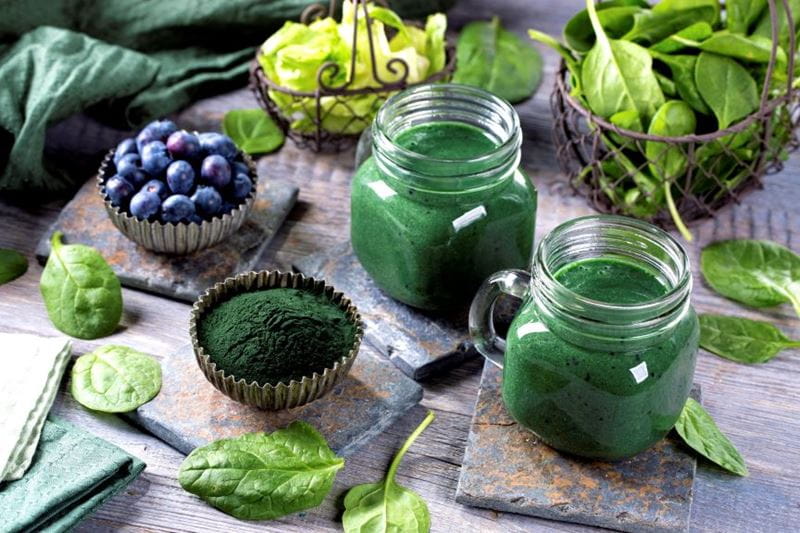
When it comes to greens powders, less is more.
“Blends with a phonebook of ingredients are throwing everything in and hoping something sticks,” says Goggins.
There are only a handful of greens that are stable enough to retain nutrients in their powdered form and also have proven benefits, he says: moringa (spinach-like tree leaves), matcha, and the algae spirulina and chlorella.
“Spirulina is well-researched, with studies confirming that phycocyanin (the primary bioactive compound) exerts antioxidant and anti-inflammatory effects.”
Researchers in Romania found that supplementing with spirulina helps to increase good cholesterol and lower triglyceride (unhealthy blood fat) levels. Liebling advises clients to isolate a single powdered plant.
“It’s better to have one ingredient at a therapeutic density rather than the insignificant amount you’ll find in a greens mix. Chlorella is a good choice from an energy and antioxidant perspective.”
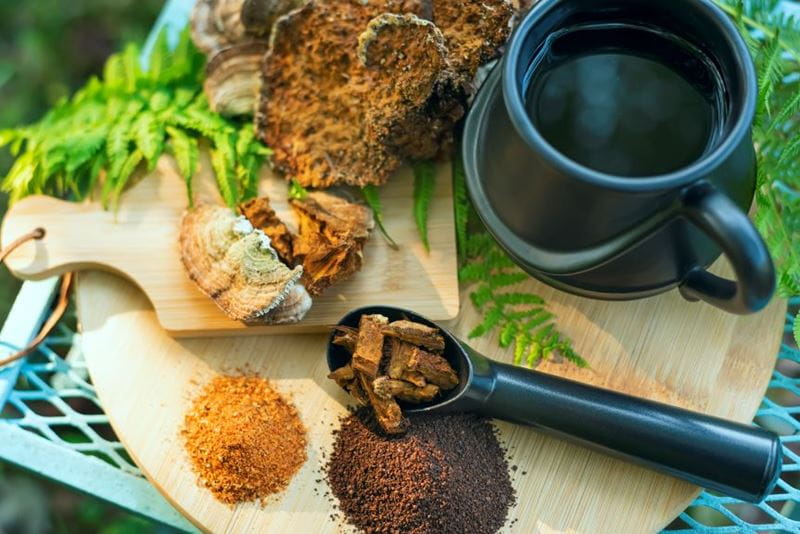
Medicinal mushroom powders provide access to health-giving Asian varieties that we won’t find fresh in the supermarket. Most contain reishi, which was shown to benefit patients with heart disease, high blood pressure, various forms of advanced cancer, Type 2 diabetes, and urinary tract infections in a review by US scientists at Brigham Young University.
If you want to boost brain power, look out for lion’s mane. A Taiwanese study on patients with mild Alzheimer’s Disease showed improved cognitive abilities after 49 weeks of supplementation. In a 2023 study by Northumbria University, 43 healthy volunteers who took lion’s mane supplements for 28 days scored significantly better in word recall tests and reported a reduction in stress.
Choose your blend carefully, advises Goggins. “It’s critical to check provenance since mushrooms bioaccumulate environmental toxins, so go for reputable brands.”
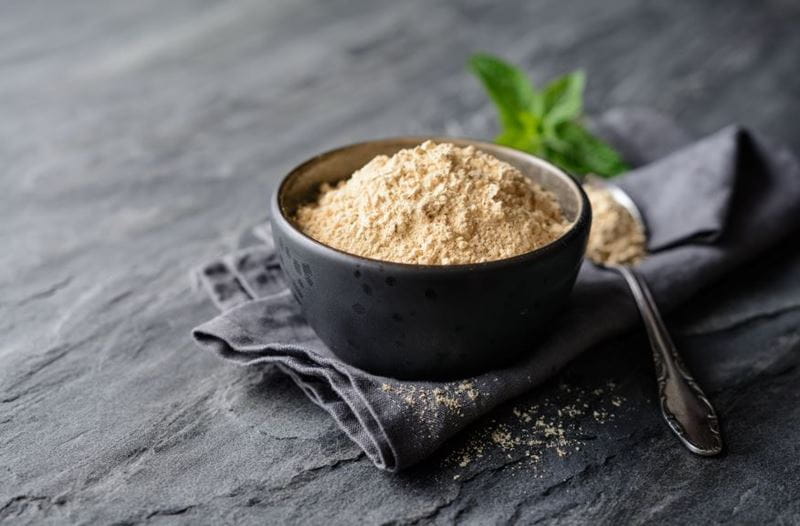
This Peruvian root is so hard that it is mainly eaten in powdered form. “The production method actually stabilises the bioactive compounds of this vegetable,” says Goggins, who gives maca the thumbs up.
Stansbie adds, “Several studies have shown it is beneficial for post-menopausal women. It can help support healthy oestrogen levels, important for mood, skin tone and bone health.”
Analysis by Brazilian researchers found maca boosts energy, possibly due to its high content of amino acids, fatty acids and minerals.
A word of caution: “Maca is high in soluble fibre. To avoid wind, start with a quarter of a teaspoon before working up,” says Liebling.
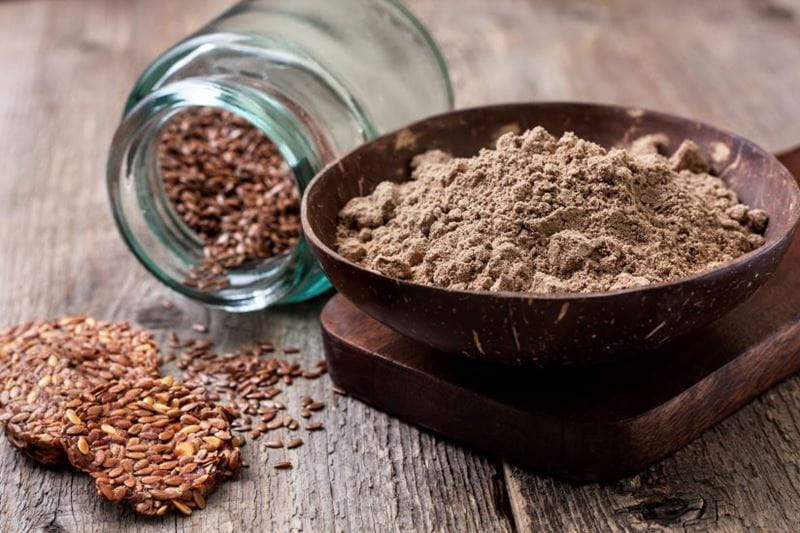
Flaxseed is one of the most prolific ground seed powders, but it’s not the most nutritious, says Liebling.
“Milled flaxseed is a great source of fibre, but the phytoestrogen benefits and vitamin E of the seed are usually lost on contact with oxygen during and after processing. Instead, opt for cold-milled chia and shelled hemp seeds, which are naturally more stable.
A spoonful of these is a big win, providing vitamins, fibre, protein and polyunsaturated fats.”
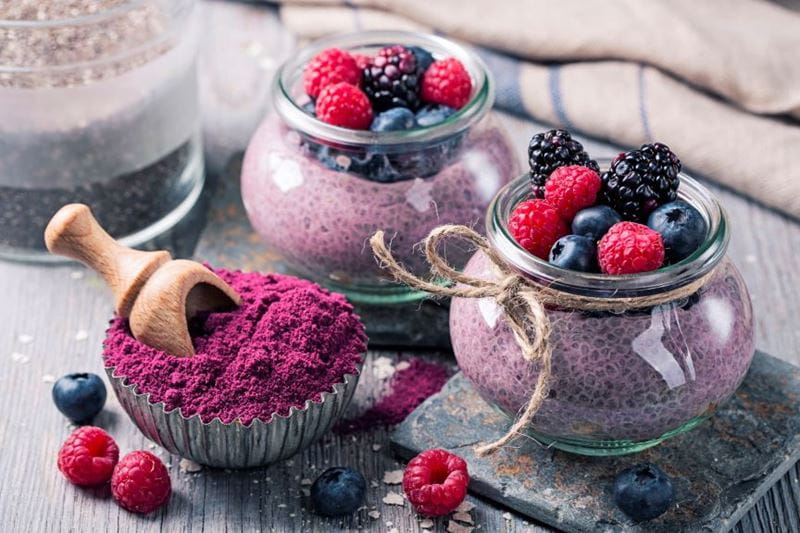
Gram for gram, berry powders contain more nutrients than fresh, according to Liebling.
“When digesting fruit, you have to get through fibre and water to access the antioxidants. When those barriers are removed, you get a more concentrated source. A teaspoon of powder provides the equivalent antioxidants of eating four bowls of berries.”
But there is a caveat. “Choose brands that freeze-dry the berries prior to grinding as this preserves the nutrients. The enzymes, antioxidants and vitamin C in berries are destroyed when they are heated in the rehydration process used in cheaper powders.”

Every issue of Saga Magazine is packed with inspirational real-life stories, exclusive celebrity interviews, brain-teasing puzzles and travel inspiration. Plus, expert advice on everything from health and finance to home improvements, to help you enjoy life to the full.
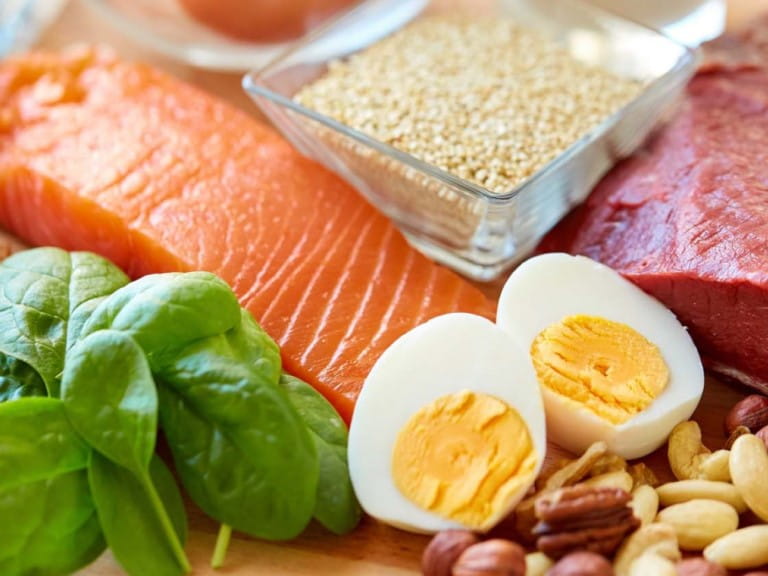
Everything you need to know about protein, from how it benefits your body to the best high-protein foods – and how much you really need.


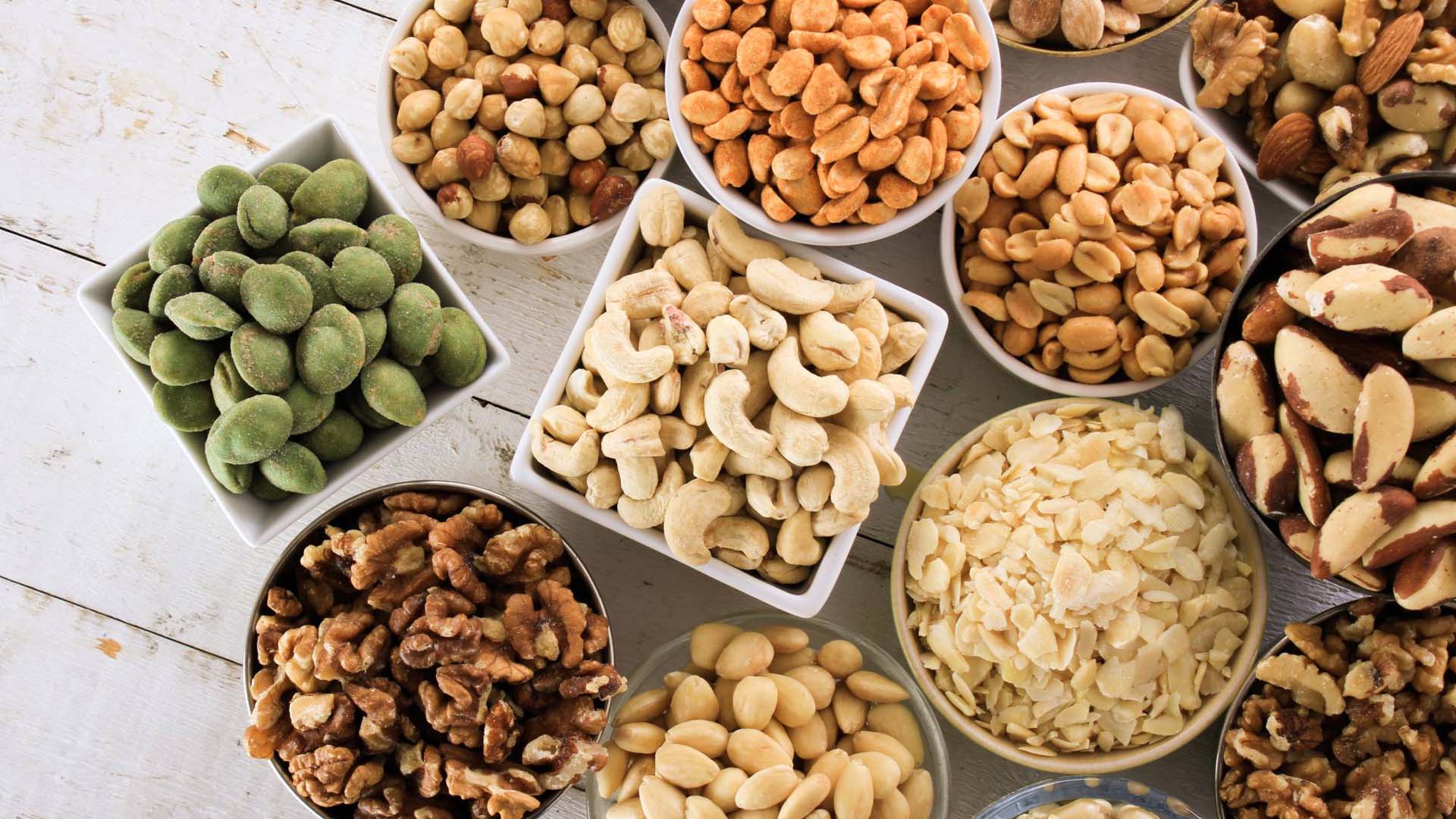
Let’s roast the myths! Not only are nuts less fattening than once feared, research shows they can cut the risk of heart disease too
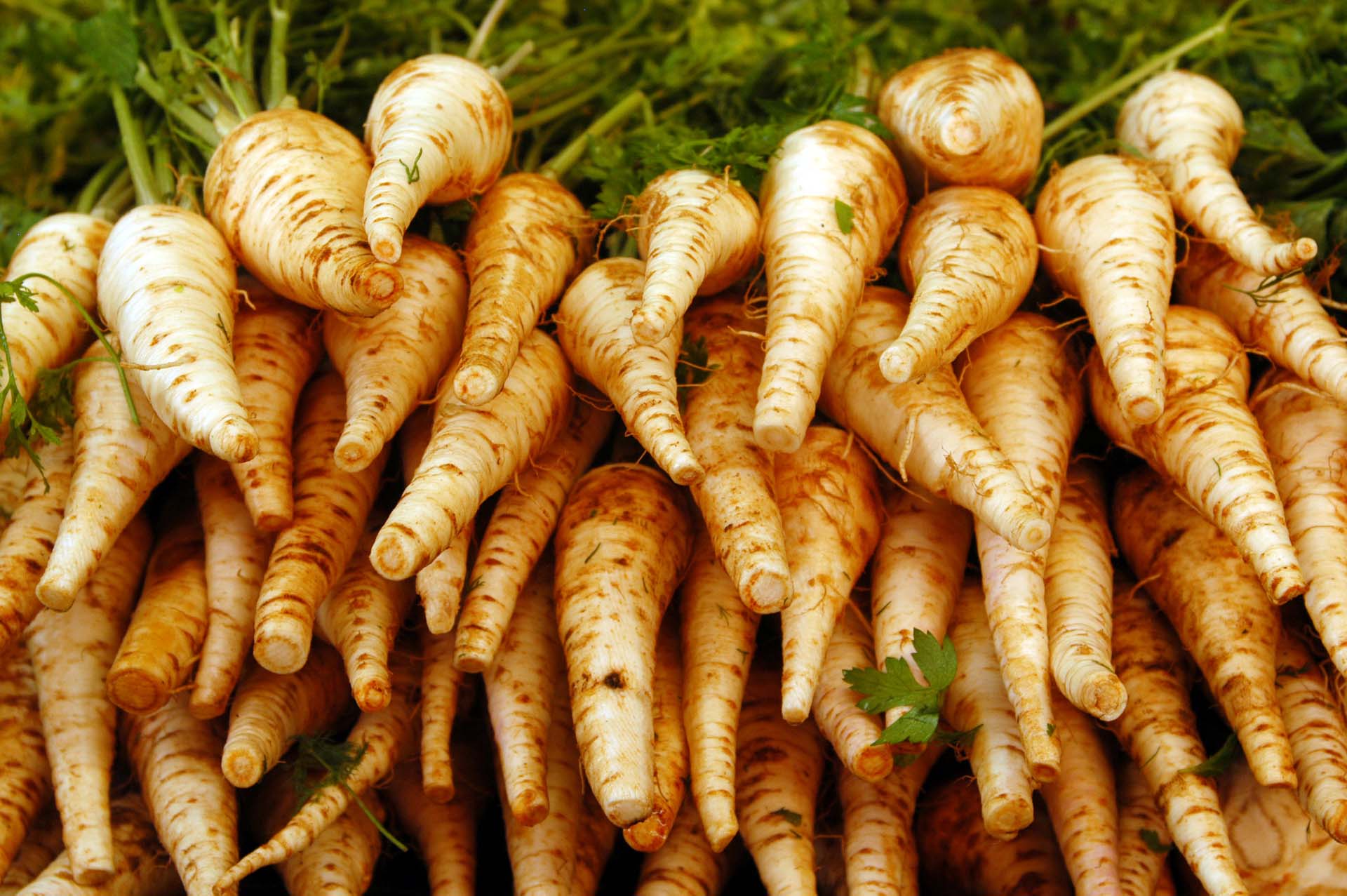
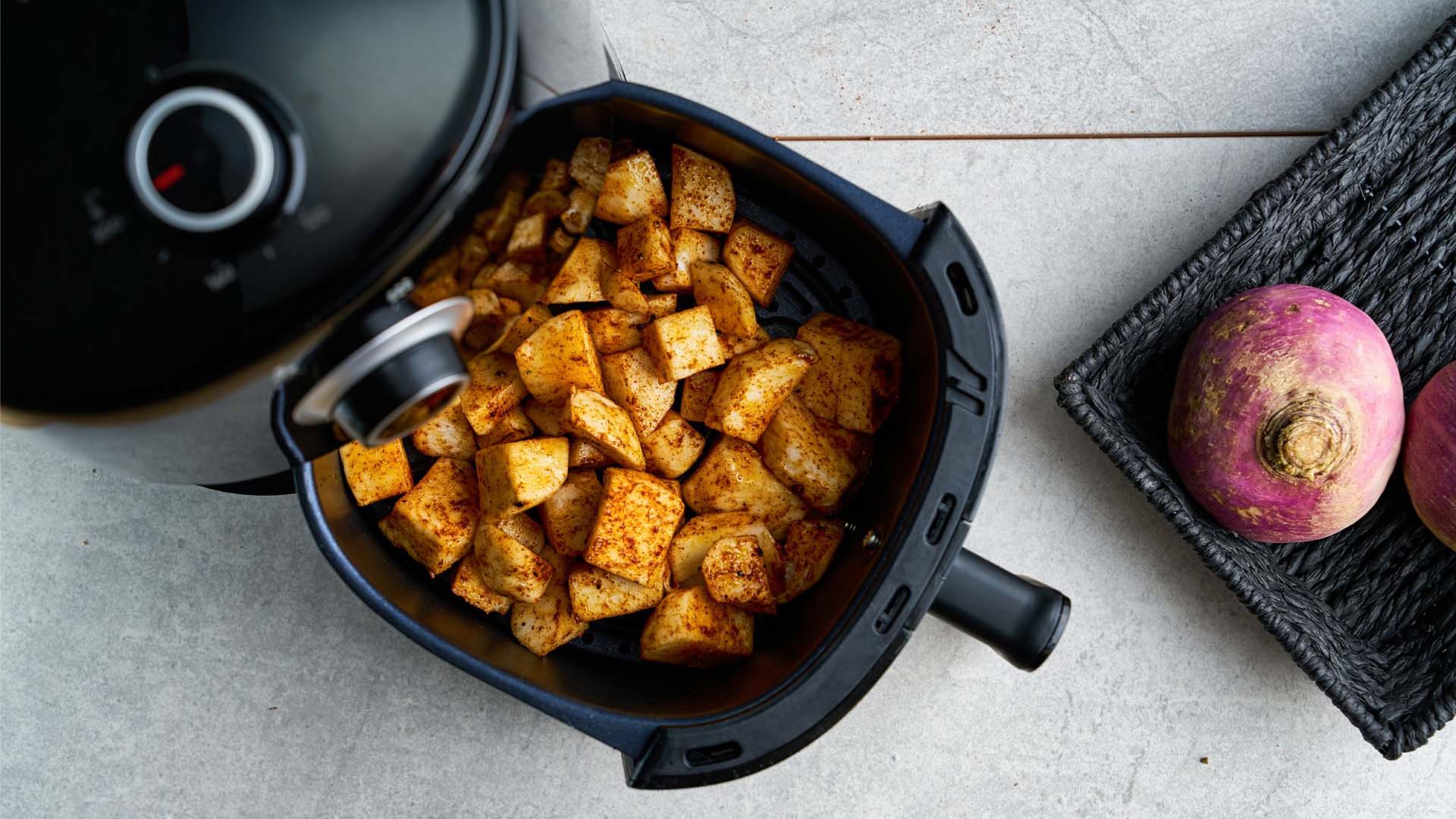
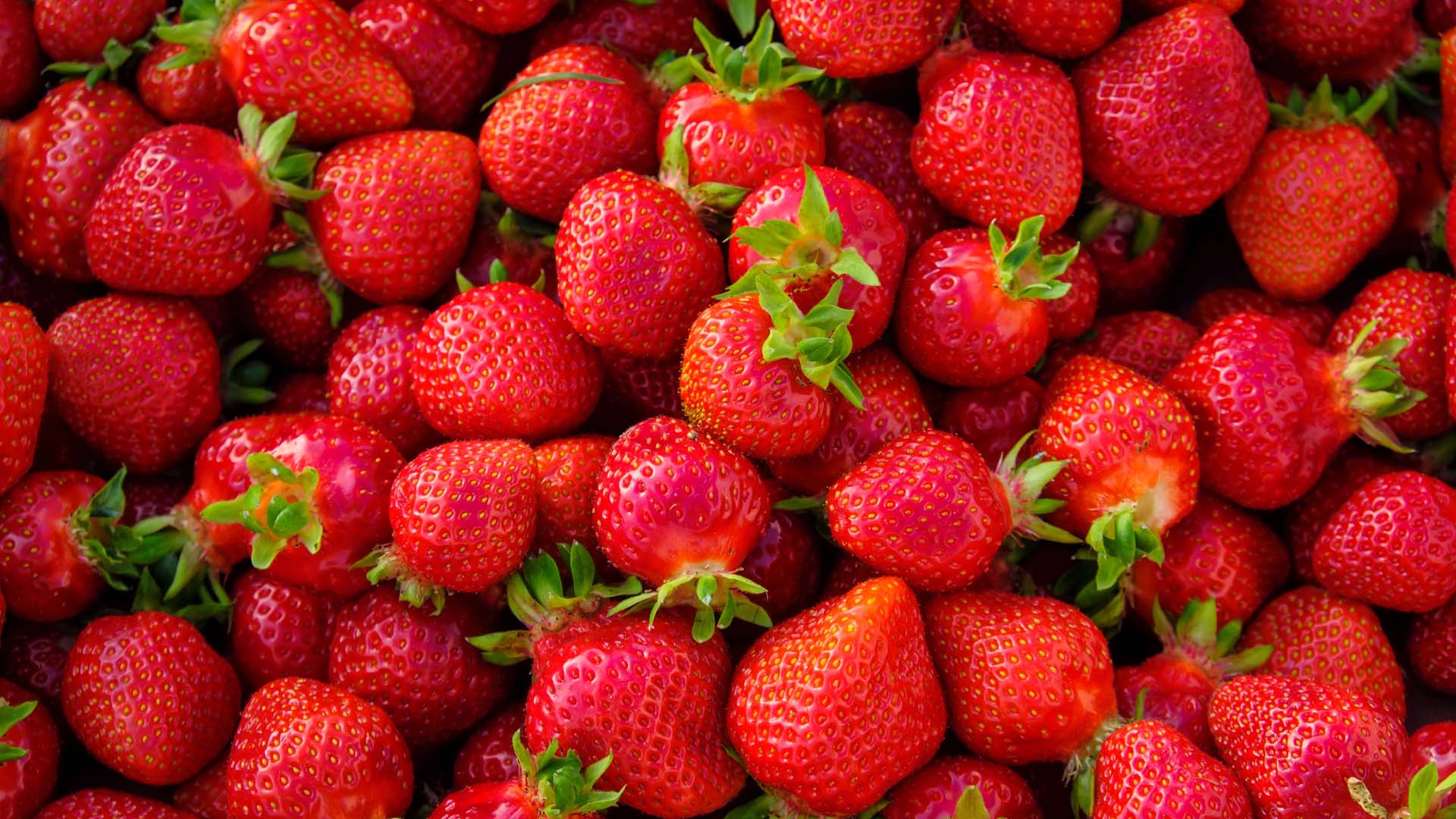
Strawberries don't just taste and look great, they are full of fibre, help your heart health and may even stave off dementia.

Looking after your gut health could be one of the biggest things that you can do for your overall health. Here are the best foods to keep your gut happy.
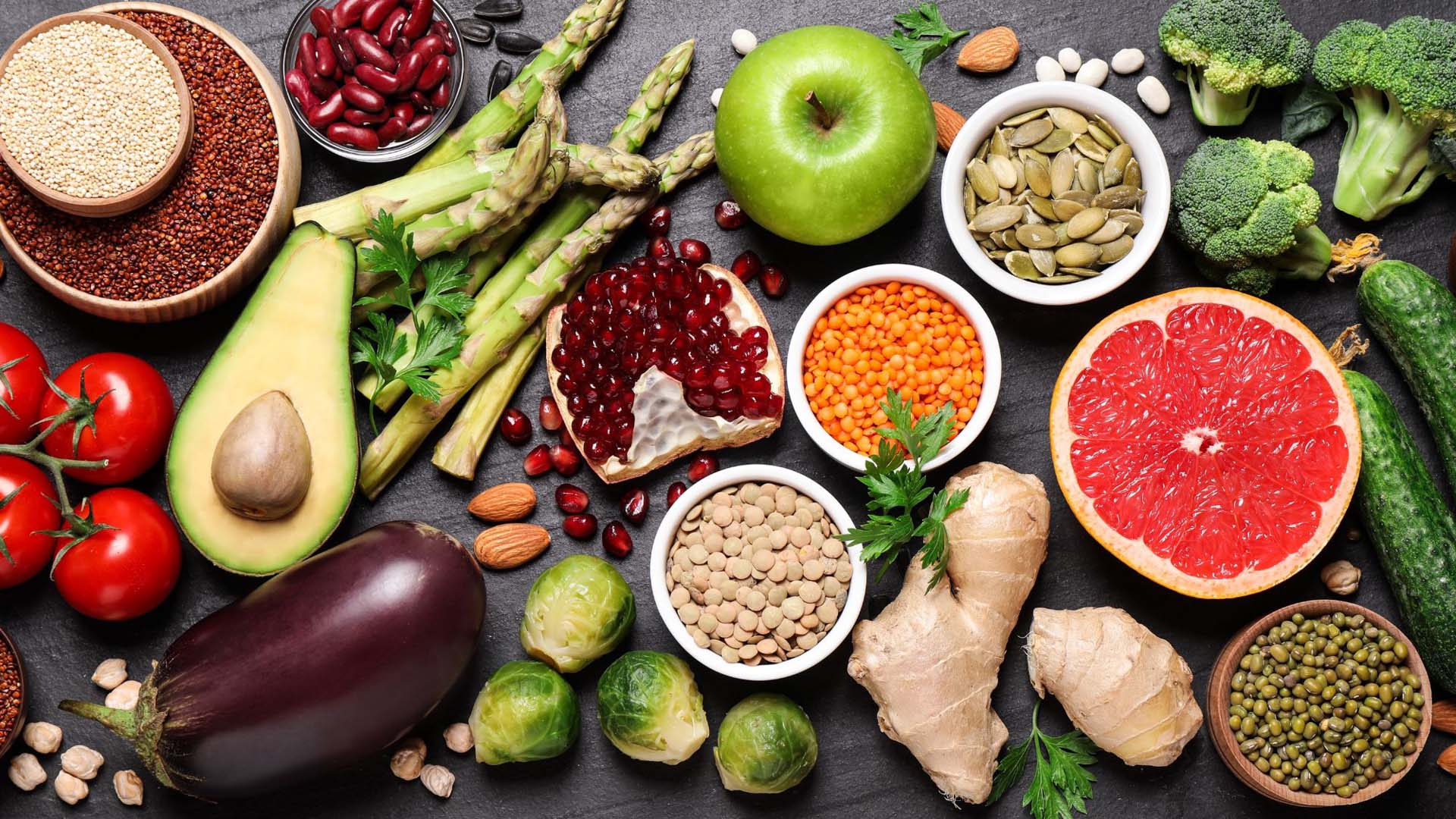
The foods that could help you live longer and protect against chronic illness.